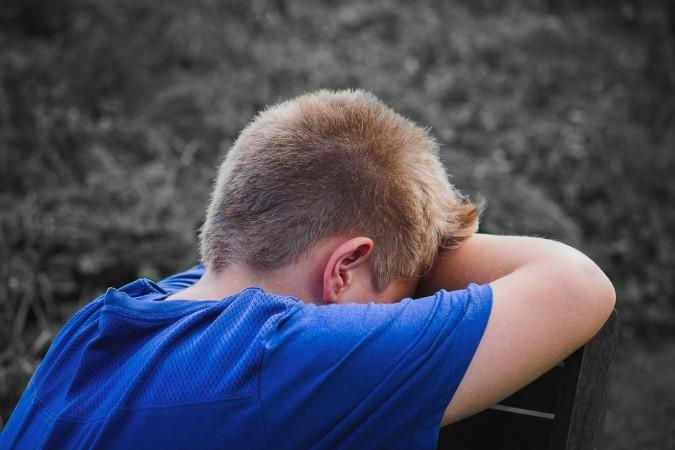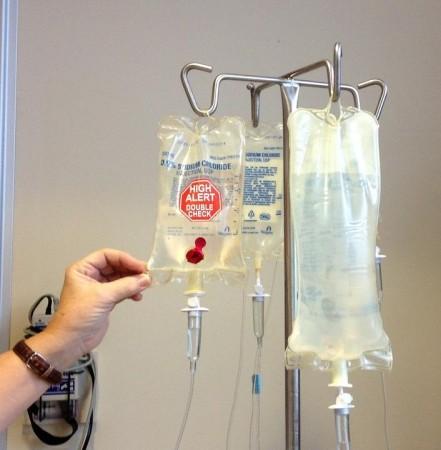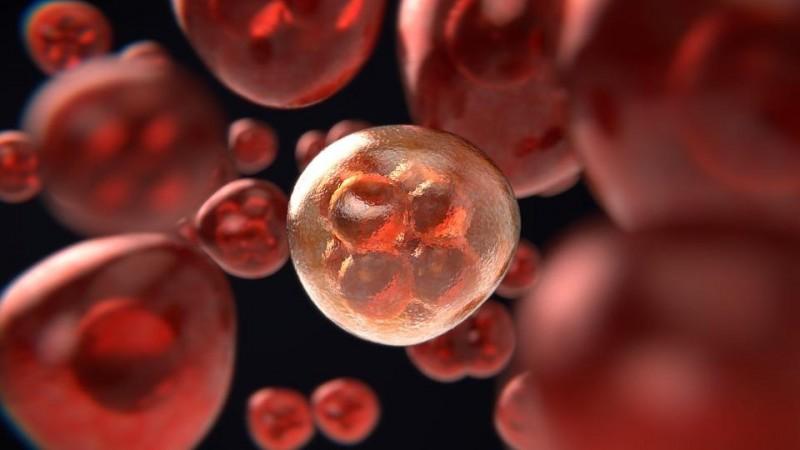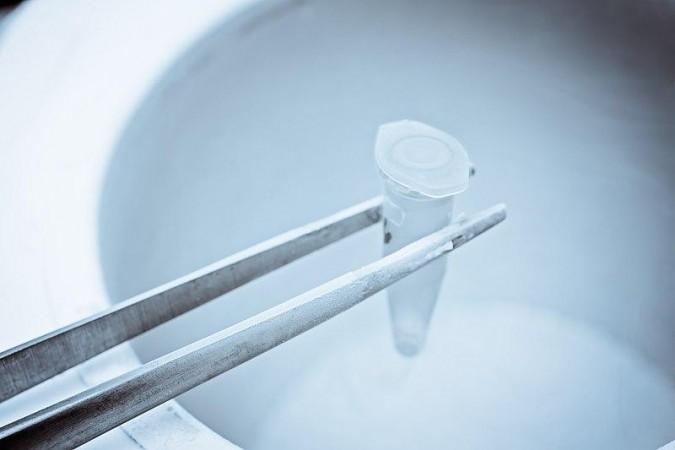Chemotherapy is among the handfuls of therapeutic strategies known to effectively stop cancer in its tracks. Not only does it help patients overcome the disease, but also provides them with the opportunity to live a whole life, including having children. However, scientists have now discovered that a common chemotherapy drug could result in the inheritance of undesirable cellular changes among the progeny of adolescent cancer survivors.
A new study led by researchers from Washington State University (WSU) has found that the children and grandchildren of pubescent cancer patients treated with the drug ifosfamide may have a greater incidence of disease. The animal study also learnt that among the subsequent generations of offspring of male rats that were treated with the drug, there were changes in the onset of puberty and increased risk of multiple diseases.
"The findings suggest that if a patient receives chemotherapy, and then later has children, that their grandchildren, and even great-grandchildren, may have an increased disease susceptibility due to their ancestors' chemotherapy exposure," said Dr. Michael Skinner, corresponding author on the study, in a statement. The findings were published in the journal iScience.
Understanding Inheritance of Pathology

According to the WHO, around 400,000 children and adolescents between the ages of 0 to 19 are diagnosed with cancer annually. Most forms of childhood cancers can be treated using medications and other forms of interventions such as chemotherapy. While chemotherapy drugs destroy cancer cells and prevent their proliferation, they can also affect healthy cells in the body and impact mechanisms such as the reproductive and digestive systems.
Studies have shown that chemotherapy can maximise the risk of developing diseases later in life. However, through the current research, which is one of the first of its kind, the team pursued a different route: investigating whether the third generation of unexposed offspring can inherit a susceptibility to disease from their chemotherapy-treated progenitors.
For the study, a group of young male rats were dosed with ifosfamide once every three days: a course of treatment that a human adolescent cancer patient might ideally receive. The exposure began when the animals were 26 days old and they were exposed to the drug again on days 29 and 32.

Following this, the ifosfamide-treated male rats were bred with female rats unexposed to the drug. The offspring resulting from these coupling were bred with another set of rats that had not been exposed to the chemotherapy medication. In addition to examining the cellular changes in these succeeding generations, the scientist also examined their organs such testis, prostate, kidneys, and ovaries.
Development of Multiple Diseases
The researchers found that the first-generation offspring displayed some amount of exposure to ifosfamide, owing to their fathers' sperms being exposed to the compound. Interestingly, the team discovered that while there was a higher incidence of disease in the first-generation rats, the second-generation, which had not been exposed to the drug directly, also exhibited similar tendencies.
Although there were few differences associated with sex and generation, the primary health concerns observed among the rodents were greater incidence of testis and kidney diseases and delayed and early onset of puberty. Atypically low levels of anxiety—suggesting a decreased ability to evaluate risk—were also noted in the animals.
Inheriting Unfavourable Epigenetic Changes

Next, the team assessed the epigenomes of the rats. Epigenomes are molecular processes that regulate the expression of genes within a complete DNA sequence. Older studies have demonstrated that when adolescent animals are exposed to toxicants, particularly during the development phase, epigenetic alterations that can be transferred through sperm and ova are produced.
The authors' evaluation evidenced that the epigenetic changes found in the two subsequent generations of rats were associated with exposure to ifosfamide among the first group of rats. Importantly, the epigenetic changes observed in the grand-offspring—who were not exposed to the drug directly—suggest that the unfavourable effects were inherited epigenetically.
Safeguarding Progeny From Harm
Currently, the team is engaged in a study involving former adolescent cancer patients. The research is aimed at ascertaining the effects of chemotherapy exposure on disease susceptibility and infertility during adulthood. Dr. Skinner stated that an improved understanding of epigenetic variations triggered by chemotherapy may aid in determining the probability of a patient developing certain illnesses; thereby, providing an opportunity for early prevention and formulation of treatment strategies.

"We could potentially determine if a person's exposure had these epigenetic shifts that could direct what diseases they're going to develop, and what they're going to potentially pass on to their grandchildren. We could use epigenetics to help diagnose whether they're going to have a susceptibility to disease," explained Dr. Skinner. He also stressed that the findings of the current study must not deter cancer patients from undergoing chemotherapy as it is one of the only few effective treatments against the disease.
Based on their learnings, the authors recommend that cancer patients wishing to have children in the future safeguard their offspring from the potential harm of chemotherapy by taking certain precautions. "These observations support taking proper precautionary measures prior to undergoing treatment, including cryopreservation of sperm and eggs to minimize potential effects if that individual decides to have children later in life," they wrote.















